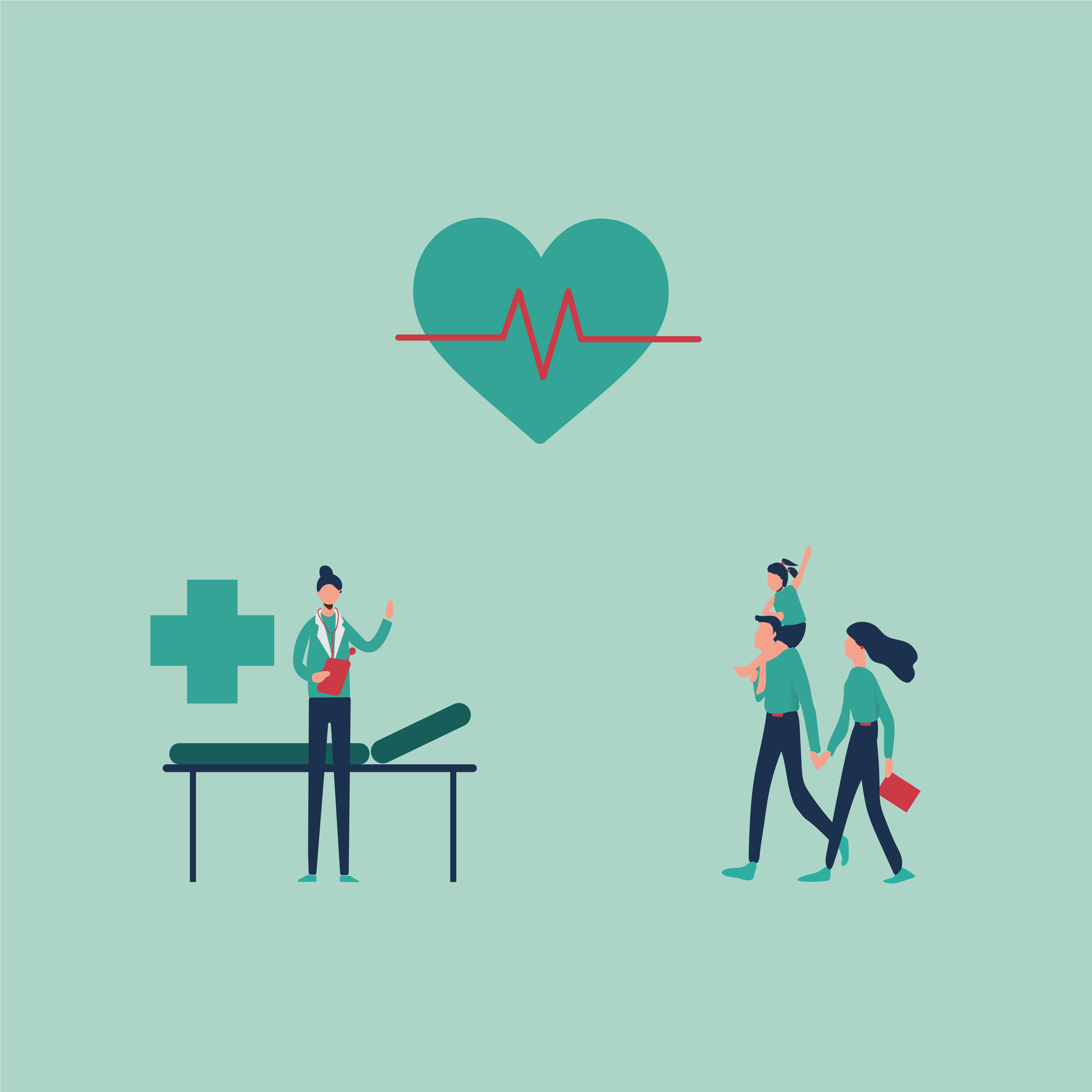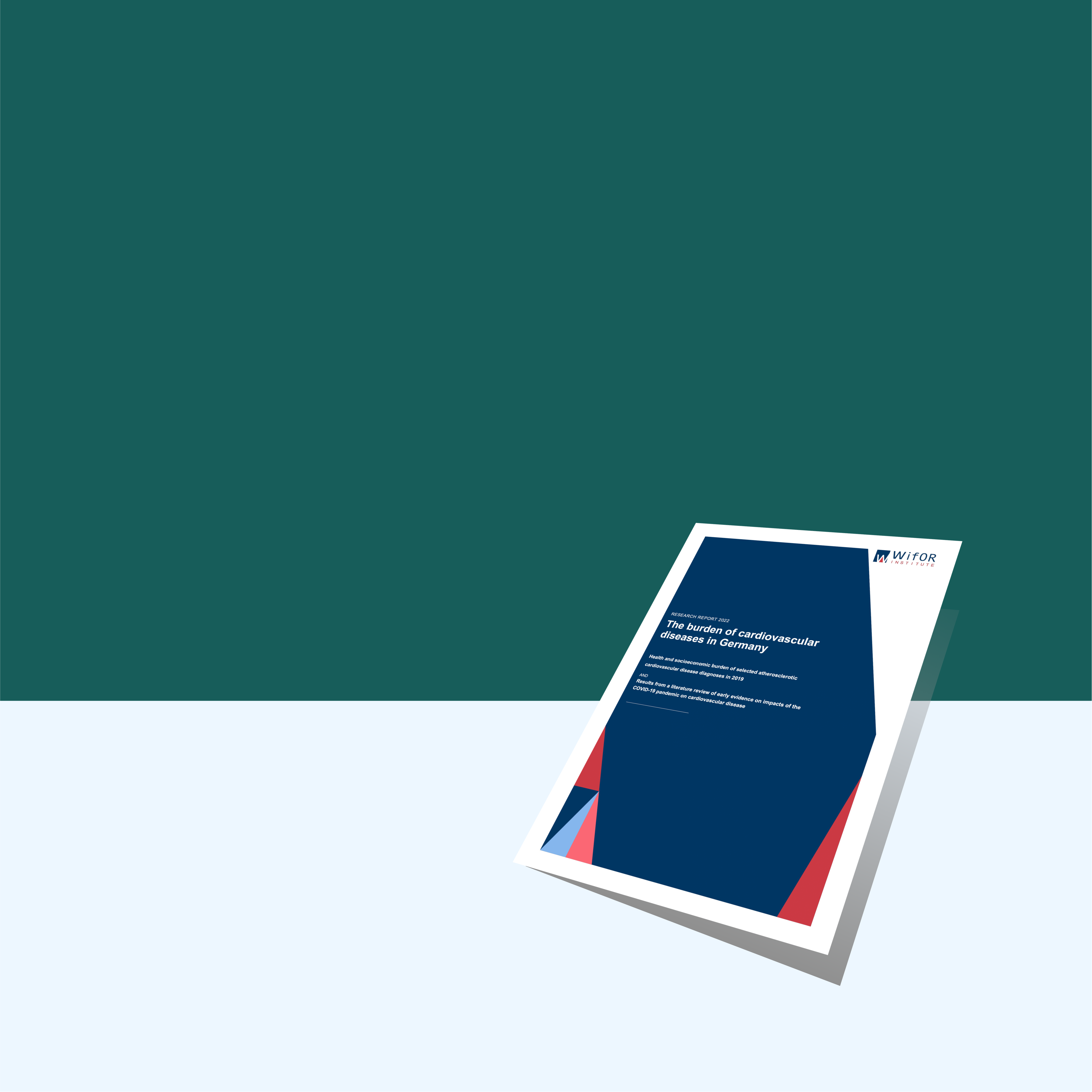Socioeconomic Burden of Disease
What is the Socioeconomic Burden of Disease model?
From typhoid fever to cardiovascular events, disease remains a primary obstacle in achieving global sustainable development. It burdens regions, demographics, and infrastructures in differing ways – meaning approaches to tackling disease must be scientifically grounded, case-specific, and impact-oriented. But what is the burden of disease?
WifOR’s Socioeconomic Burden of Disease studies measure the extent to which a disease impacts society. From the limitations imposed on patients’ well-being to the reduced ability to perform (paid and unpaid) work, understanding the extent to which disease affects us is a crucial step in making efficacious medical interventions and, ultimately, improving health for all. By measuring the socioeconomic burden of disease, our research offers insights into where health is lacking in a given region or healthcare system and equips stakeholders with the tools necessary to target well-being and prosperity.
How is Socioeconomic Burden of Disease measured?
The Socioeconomic Burden of Disease model categorizes the effects of disease into the burden on health and the burden on society and the economy. The health burden analyzes the impact of prevalence and incidence on clinical or patient-reported outcomes, including the effect on productivity and the ability to carry out activities. Through this assessment, the potential disease-specific losses are determined.
The socioeconomic burden assesses the limitations imposed by a disease and quantifies the productivity losses, measured in absence of (paid and unpaid) work. Unpaid work includes activities that can otherwise be purchased on the labor market, for example, childcare, housework or caring for relatives. These lost working hours are then monetized and expressed as lost gross value added (GVA).
What does WifOR’s Socioeconomic Burden of Disease model offer organizations and industries?
WifOR’s Burden of Disease research offers a range of benefits to companies, ministries, or NGOs. These include:
- Providing evidence-based guidance for future R&D investments
- Creating awareness for an existing lack of health in the communication with different stakeholders
- Quantifying the previously imprecise burden of disease in tangible terms which is compatible with common accounting metrics
- Receiving actionable insights based on scientific research into contributions towards political targets, such as the UN’s Sustainable Development Goals
Latest articles from WifOR’s Health Economics Research
-

Measuring Return on Investment
Global health metrics form the basis for sustainably financing health
-
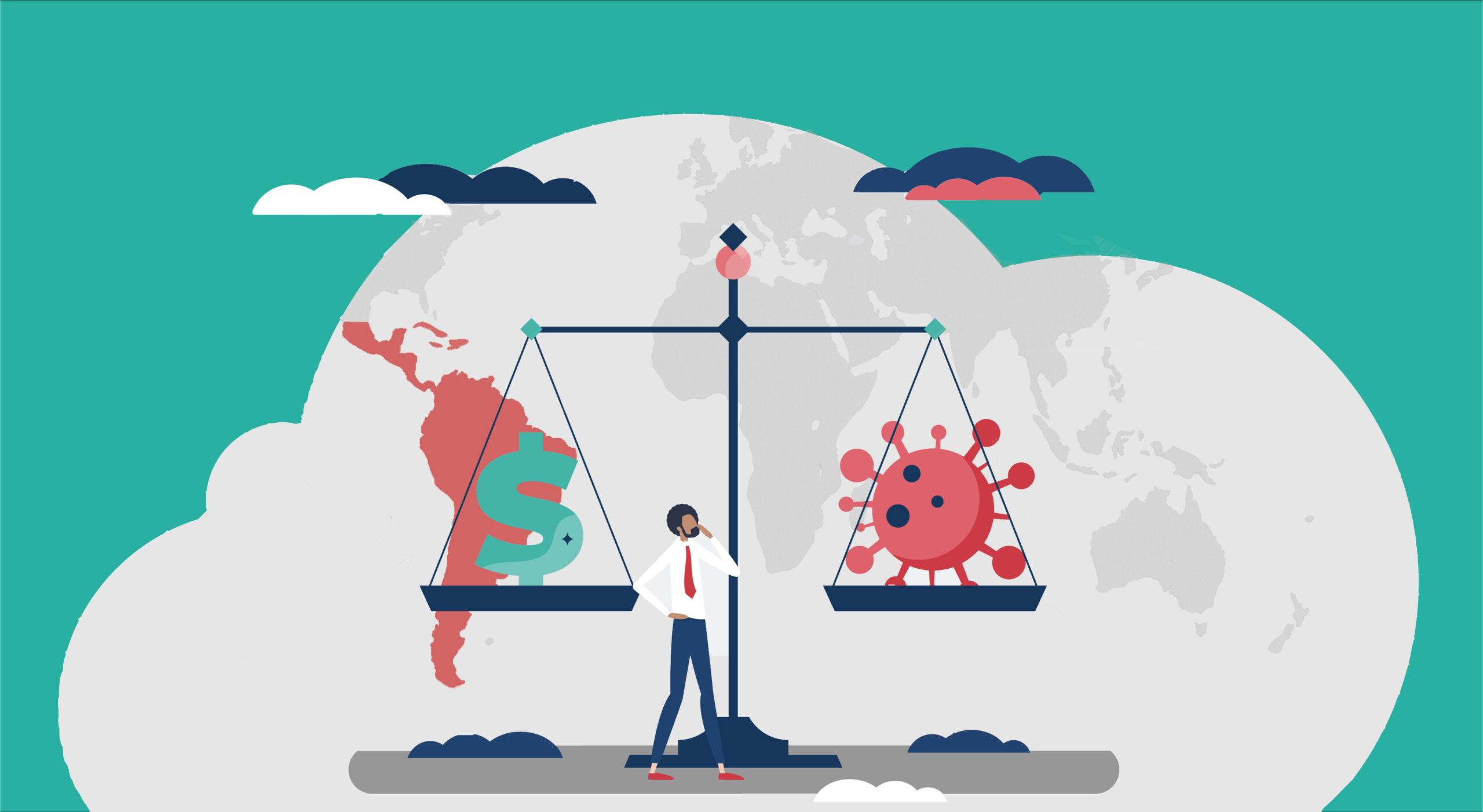
Case study Latin America
Health Economy Reporting: the ROI of health investments
-
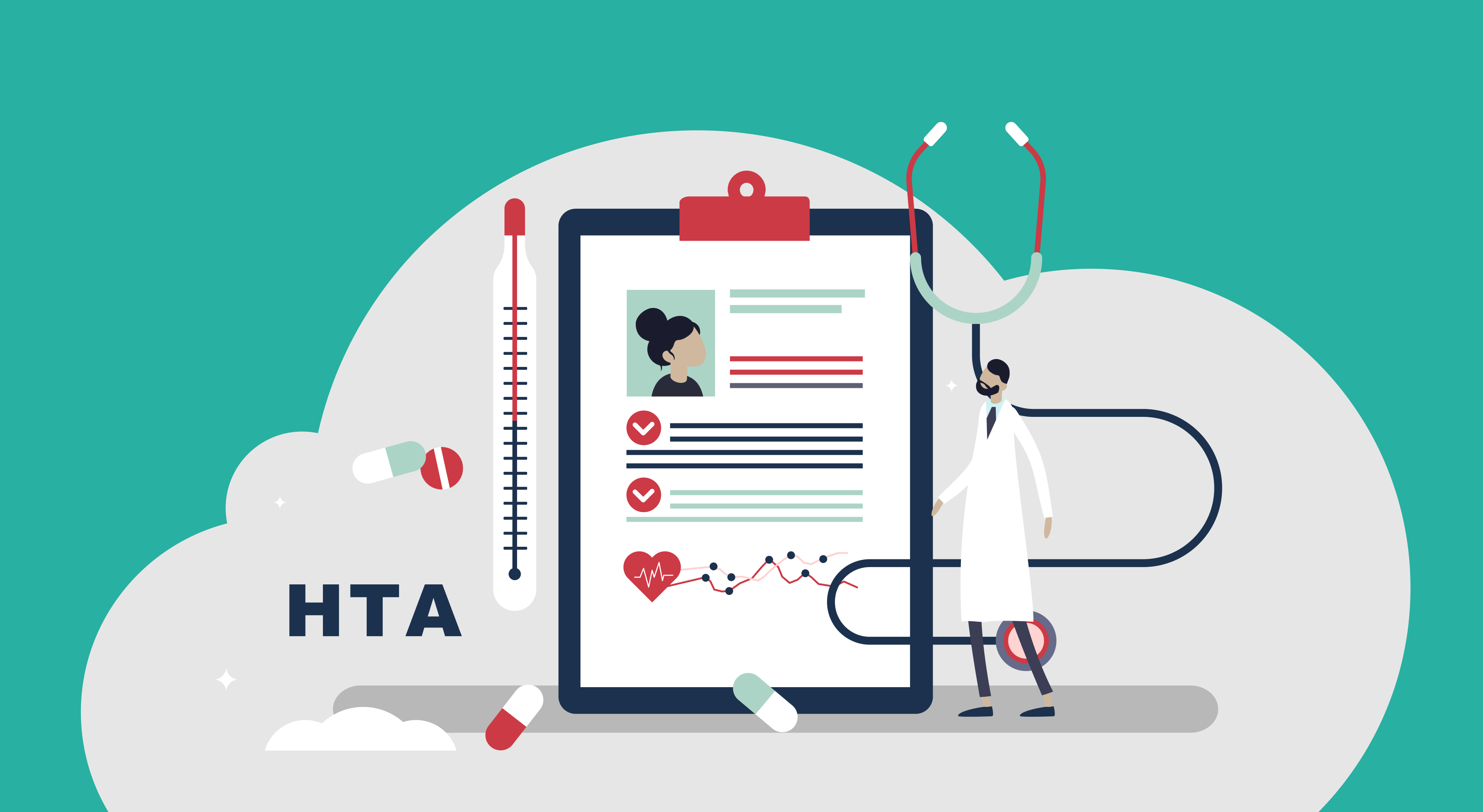
The Value of Health Innovations
Going beyond cost effectiveness: Social Impact as complementation of traditional HTAs


